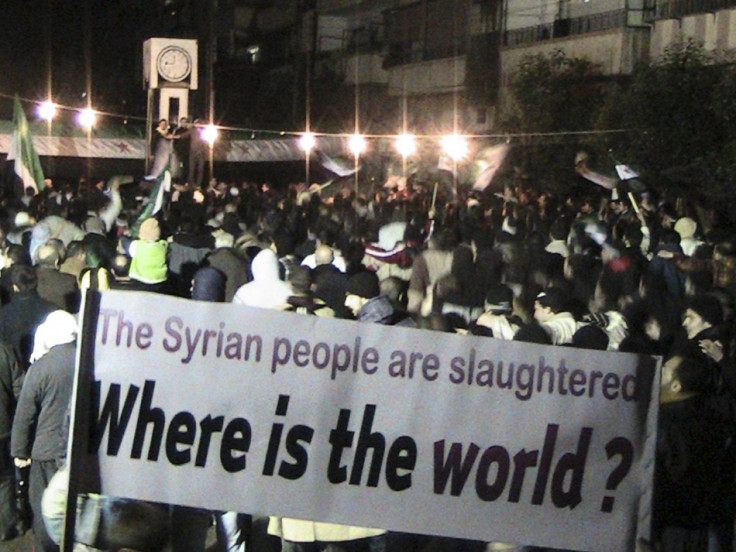EU to Impose New Rounds of Trade and Financial Sanctions on Syria

The European Union (EU) is planning to impose harsher trade and financial sanctions on Syria, according to EU officials.
Talk of the sanctions came about as Syrian forces renewed their bombing of the city of Horns, as part of President Bashar al-Assad's crackdown of the ongoing internal conflict in the region.
The current Syrian uprising, a part of the wider Arab Spring revolutionary wave of protests in the Arab world, has targeted the reportedly autocratic rule of al-Assad. The protests and the protestors have demanded that the President resign and the subsequent overthrow of the government.
The Syrian government, meanwhile, has begun deploying tanks and snipers, as a means to quell the uprising. Additionally, water supply and electricity have been switched off in particularly restive areas and security forces have resorted to confiscating flour and food.
The EU, along with other political unions and nations including the Arab League, the Organisation of Islamic Cooperation, the Gulf Cooperation Council and the U.S., has strongly condemned the use of violence against the protesters and has imposed sanctions on the country. Those sanctions have effectively isolated Syria from the world financial system.
After a fresh round of discussions in Brussels, a senior EU official mentioned they were planning to impose harsher sanctions against Syria, with the intention of weakening al-Assad's regime.
Reuters reported the sanctions would include a freeze on the Syrian central bank's assets as well as on most transactions with it. The sanctions would also ban the import and export of phosphates, diamonds, gold and other precious metals.
The official also stated that EU state members were also considering a ban on commercial flights to and from Syria. However, the diplomat mentioned the agreement on this was "less likely."
© Copyright IBTimes 2024. All rights reserved.





